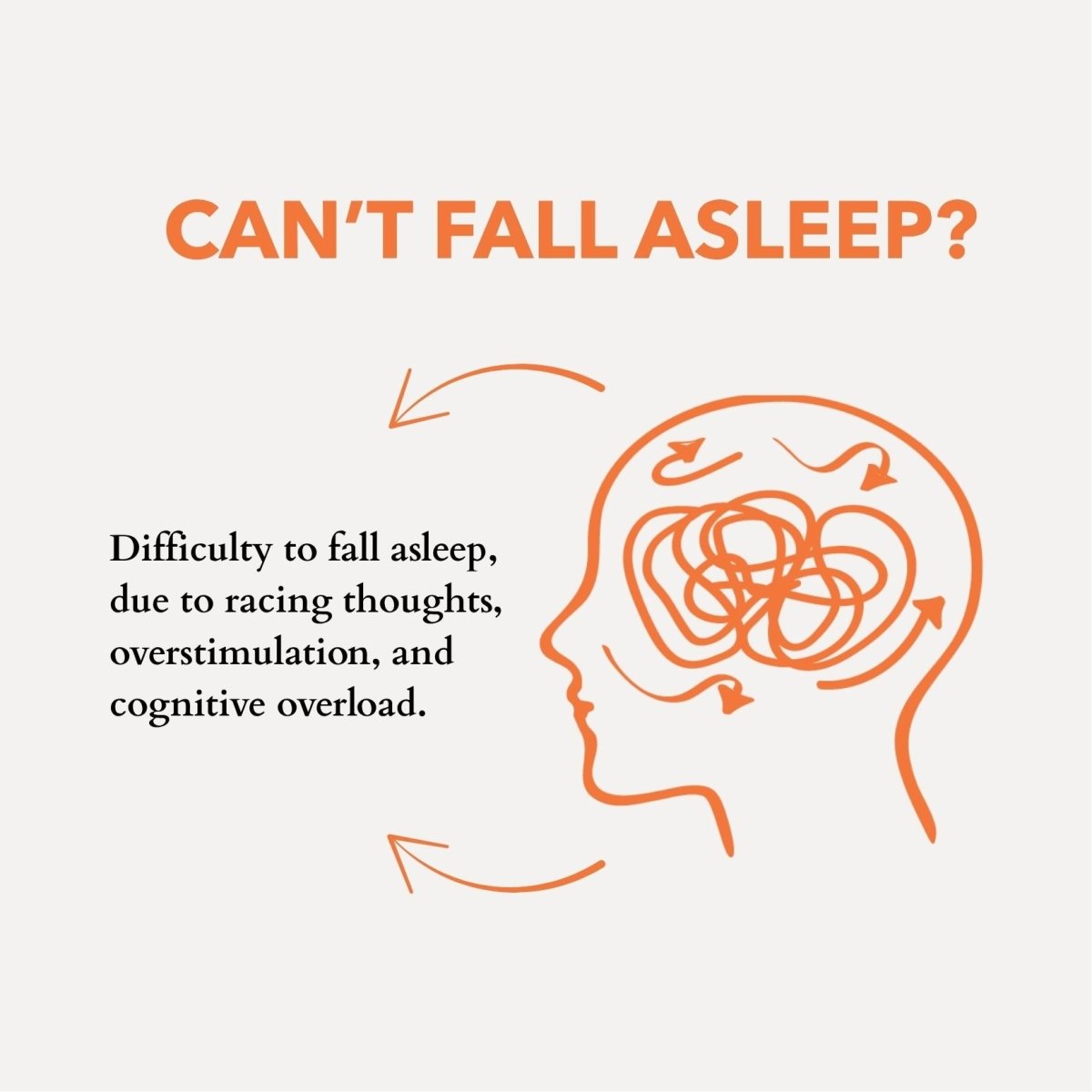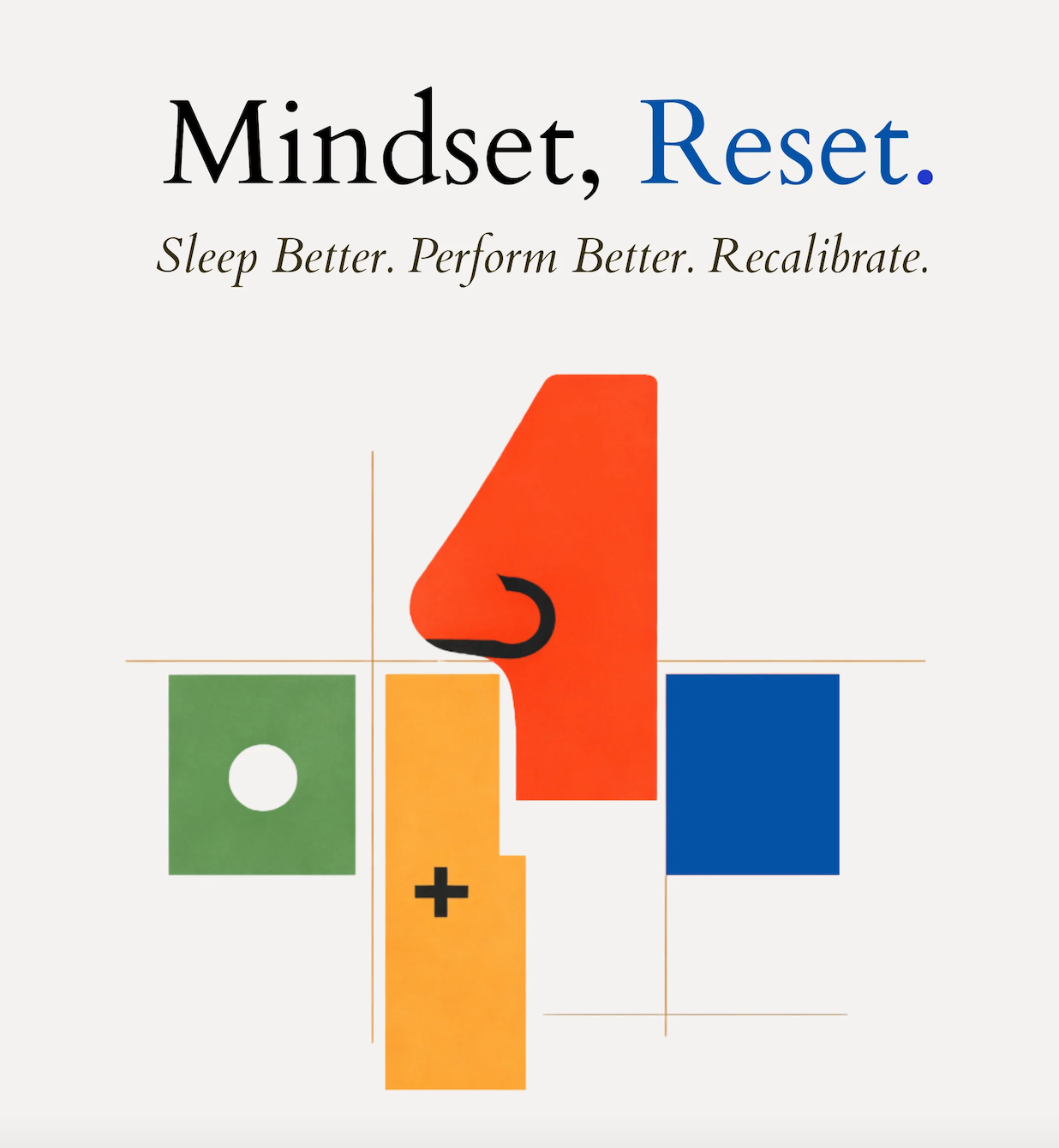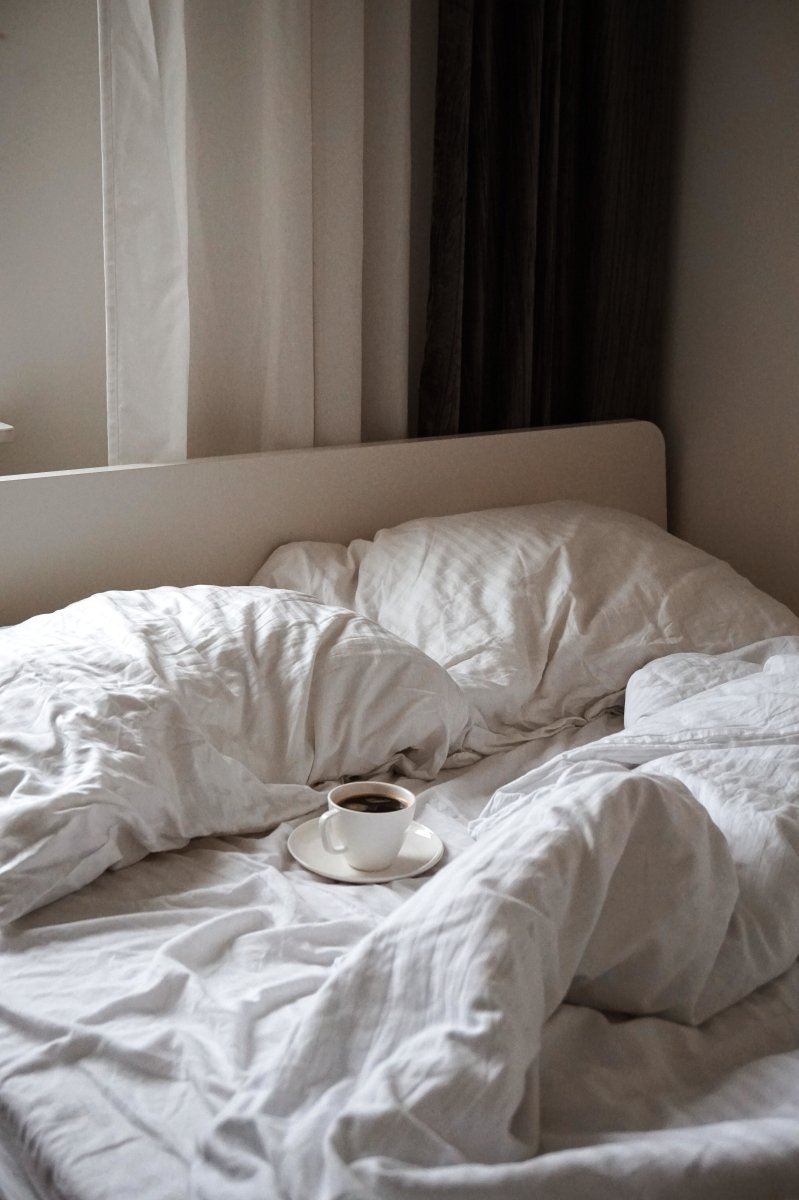Changing from a work routine in an office environment to working from home can have a huge impact on your sleep. In a recent survey by Hammonds Furniture of 2000 office workers, 70% of respondents reported that their sleep patterns had been disrupted due to the switch to working from home.
Without the normal routine of getting ready and commuting to work, many people are finding that they’re unable to fall asleep as easily, or that their sleep is disrupted or of a poorer quality. However, alongside the many issues that workers are finding with working from home, like distractions from family members and the lack of interaction with co-workers, poor quality sleep does not have to be among them.
Maintain a routine
One of the most powerful influences on your sleep quality is your circadian rhythm – your body clock – which is affected by not only when you go to sleep and wake up, but also other key points in your day. Mealtimes, exercise, and the daily commute all act as markers for your circadian rhythm and help to keep it regulated, so when the routine of your day changes when working from home, this can affect your circadian rhythm and therefore your sleep.
Sticking to a similar routine to your usual workday can help to keep your body clock on track. This might mean waking up at your usual time, showering, and getting ready for your day’s work, even if you’re just traveling to your kitchen table. Make sure you stick to a regular breakfast and lunchtime; you could even take a brisk walk in place of your daily commute.
By maintaining a routine throughout your workday, you’re indicating to your circadian rhythm that your sleep pattern should be regulated, too.

Go outside
When working from home it can be easy to stay inside for days on end. However, daylight, exercise, and fresh air are important for maintaining good sleep patterns. According to The Sleep Foundation, exposure to sunlight helps to regulate your circadian rhythm. Humans have evolved to be awake during the hours of daylight, and to sleep when it’s dark. By going outside in the daylight, especially in the mornings, you are indicating to your body clock that now is the time for wakefulness, setting yourself up for a productive day and good quality sleep at night time.
Exercising also helps with sleep by raising your body temperature by a couple of degrees. As your body thermostat returns to normal levels it can trigger feelings of drowsiness, which helps you fall asleep. The optimal time to exercise is earlier in the day, as evening exercise can be too late for the sleep-inducing benefits to take effect by bedtime.
Combining the two and exercising outdoors can help your sleep patterns, as well as provide a multitude of other health benefits, too.
Create a ritual around bedtime
Time can begin to lose structure when working from home, meaning your sleep/wake cycle can be thrown off a healthy pattern. Structuring your days and making clear denotations between work time and relaxation helps your mind and body to relax and recognise when it’s time for sleep. Keep your work hours to within your normal schedule and try not to be tempted to work into the evenings. This is especially important as not having a commute means there’s less physical separation between the state of mind of “work” and “home” – this means we’re more likely to stay “switched on” to work after work hours, meaning your body produces more cortisol, which inhibits melatonin, the hormone that regulates our sleep cycle.
Help this along by creating a bedtime ritual, to indicate to your body and your subconscious that you’re winding down for bed. This can mean taking a relaxing bath with sleep inducing essential oils, reading a book, and switching screens off – the blue light that devices emit has a similar effect on your circadian rhythm that daylight does, so switching them off 2 hours before you go to bed can improve your sleep.

Keep work out of the bedroom
To help your sleep patterns in check while working from home, ensure your bedroom is a space for relaxation and calm. If you’re at all able, try to set up your office in a different room in your house. Working in your bedroom can mean you associate that space with work, making it more likely for your stress levels to be higher and harder for you to relax and go to sleep. If you’re not able to work in another room, make sure you create a routine around ending work and change your environment, whether that’s tidying your work space, adjusting the lighting, or using fragrance with a scented candle or a diffuser to denote the end of work and the start of relaxation.

Invest in sleep
Ensuring a good sleep pattern, particularly through times of stress or change, means investing time and thought into your sleep. By sticking to a routine and being strict with your work times and relaxation times, you can reap the psychological and physiological benefits of a healthy sleep pattern while working from home.
Enhance your relaxation and support your sleep with anatomē’s signature sleep essential oil blends, perfect for unwinding, reducing cortisol levels and gently promoting a strong sleep routine.








































